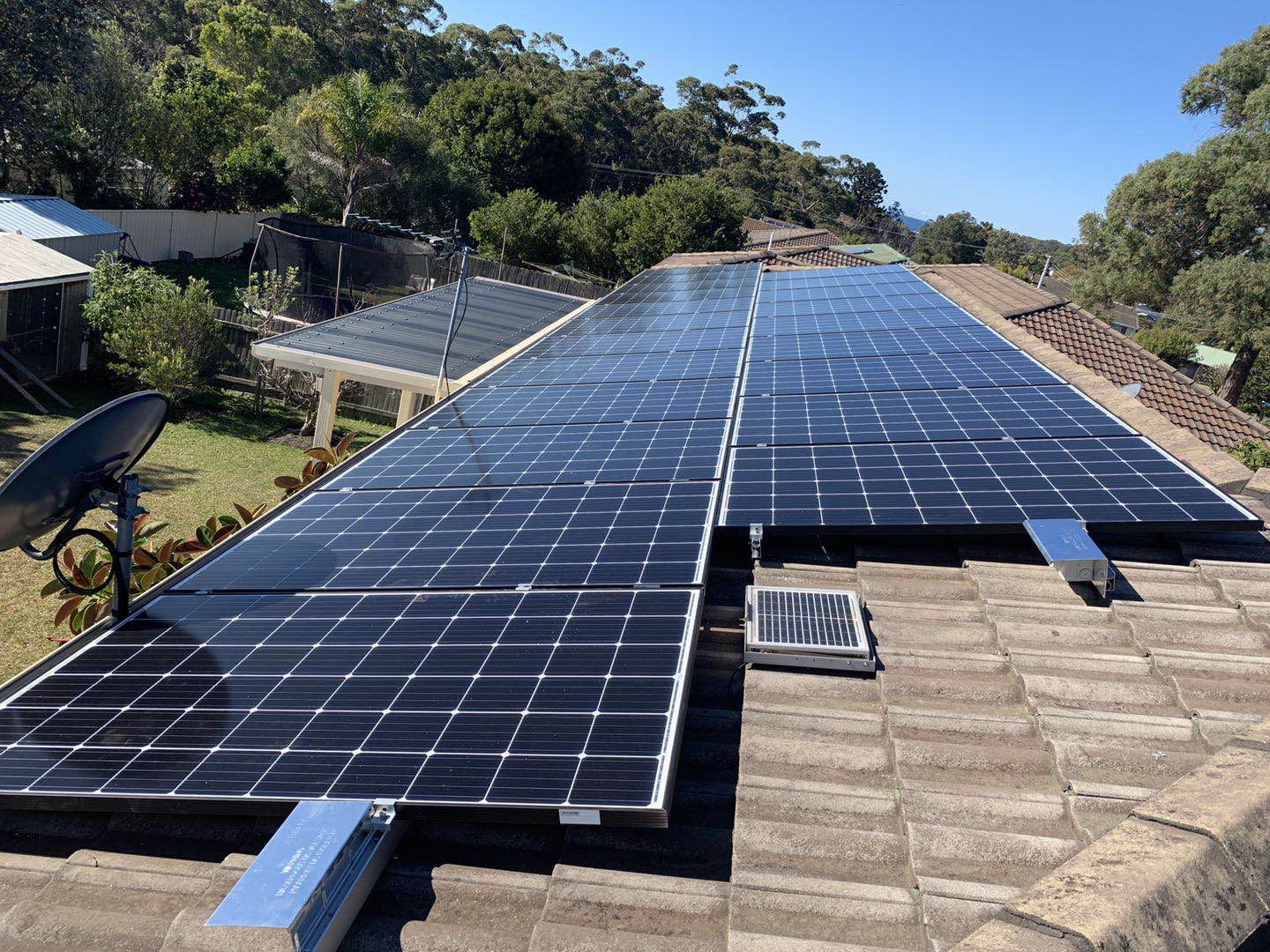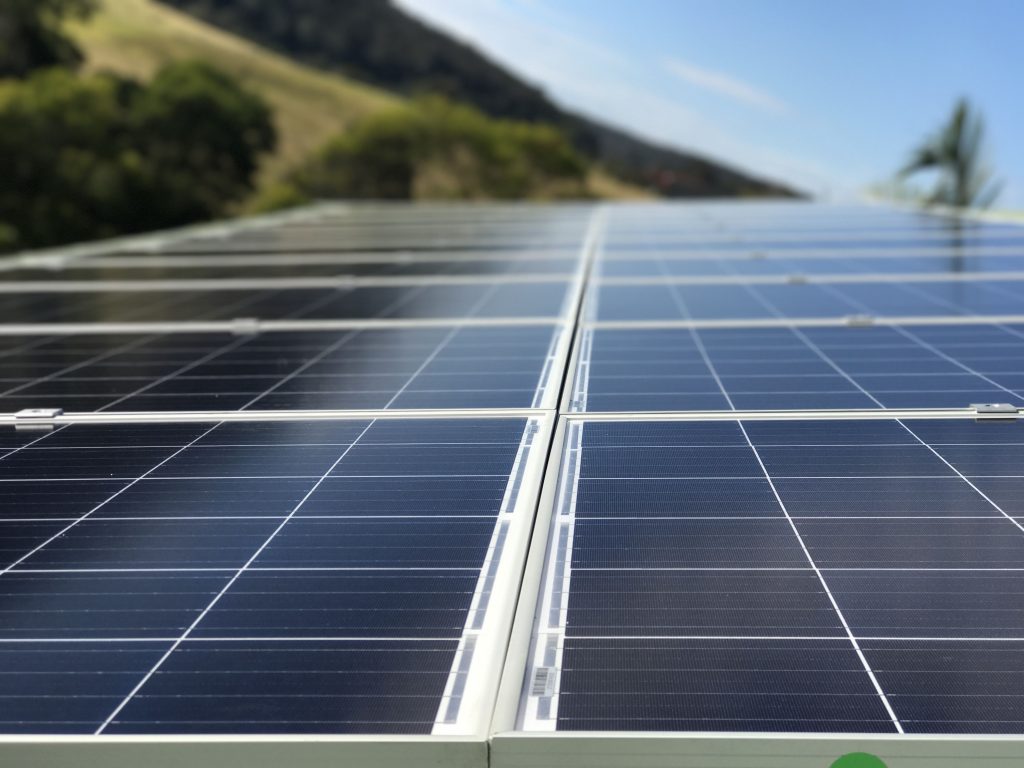How to pick the best solar panels for your property?
So, you have decided to get solar for your home. What’s next? Deciding what solar panels to buy can be a hectic decision. As the entire system solely depends on the solar panels to conserve energy from the sun. The performance, durability and the longevity of solar setup depend primarily on the solar panels and the other components. By now, you must have known how important it is to get the right solar panels for the best returns.

There are many different solar panels available in the market. Especially in Australia, where the solar market is rapidly increasing and there is no shortage for retailers competing to sell their solar panels. At the same time, one should be careful as it is no surprise if there are loopholes.
However, looks like you are having a lucky day. Our team of solar specialists have collected the key points to look after when deciding what solar panels to buy.
Of course, the list will vary according to different households. Performance of yours will be determined by the cost of your solar power. Few other factors that cannot be are:
After these considerations, the technical information that one should be considering when buying solar panels are:
-
Size of the solar panel
Typically, an Australian house uses 20kWh of energy a day on average. To find out what size will fit your house the best, you need to get your previous energy bills and decide likewise. You can also talk to an energy consultant to speak about this.A 5kW solar system would meet most of the daytime during regular days.
-
Manufacturer of the solar panel
There are numerous manufacturers producing different models of solar panels. Each manufacturer has its own range of products. However, it is important to buy from a reputable solar manufacturer. Solar manufacturers are distinguished in different tiers according to their experience and reputation. They are differentiated in 3 different tiers:-Tier 1: Tier 1 brands are big manufacturers with years of manufacturing experience. They are in a healthy finance status and massive production. For example, LG, QCell, Jinko, Trina are on the Tier 1 list.-Tier 2 & 3: Tier 2 & 3 companies are lower ranked manufacturers according to their quality and production.Make sure you are getting solar panels from tier-one brands for better performance and durability.
-
Warranty Comparison:
Look out for the manufacturer’s warranty. Every solar panel comes with 2 types of warranty. The first is the performance warranty, which is said to be 25 years. Although, you cannot solely rely on this warranty.The second one is the manufacturer’s warranty. You can compare this warranty to figure out which panels might be the best in your budget and choice.
-
Panel Performance Ratio:
The panel performance ratio is the ratio between the actual power performance and the manufacturer’s specification. This could be the most important aspect to look out when buying the solar panel.The panel performance ratio is tested after the manufacturer releases the product with specifications. For example, if the performance ratio is 90% for a 200kW specification, then the panels produce only 180kW in the real world. Generally, you can expect anywhere between 90% to 93% ratio for a good solar panel. “Solar Quotes” is a reliable source to get accurate metrics.

-
Compare Efficiency:
Panel efficiency is the power to surface ratio. Meaning the smaller surface with higher output, the higher is the efficiency. Generally, over 16% to 18% efficiency is good for solar panels. More efficiency doesn’t mean more power output. It’s just to compare the power output to surface ratio.
-
Temperature Coefficient:
The temperature coefficient measures how much the power drops for every degree rise in temperature. It generally ranges from -0.4% per °C (good) to -0.5% per °C (not as good). Solar panels love sunlight but hate heat. However, the temperature coefficient data on manufacturers specification is not precise. It is always better to do some research before buying one.
Wrapping up the information, these are some of the important things that you need to compare before investing in solar panels. We hope this gave you some decent information and will help you in buying the best solar panels for your next solar investment.
-Space Solar Editorial Team




 1300-713-998
1300-713-998
